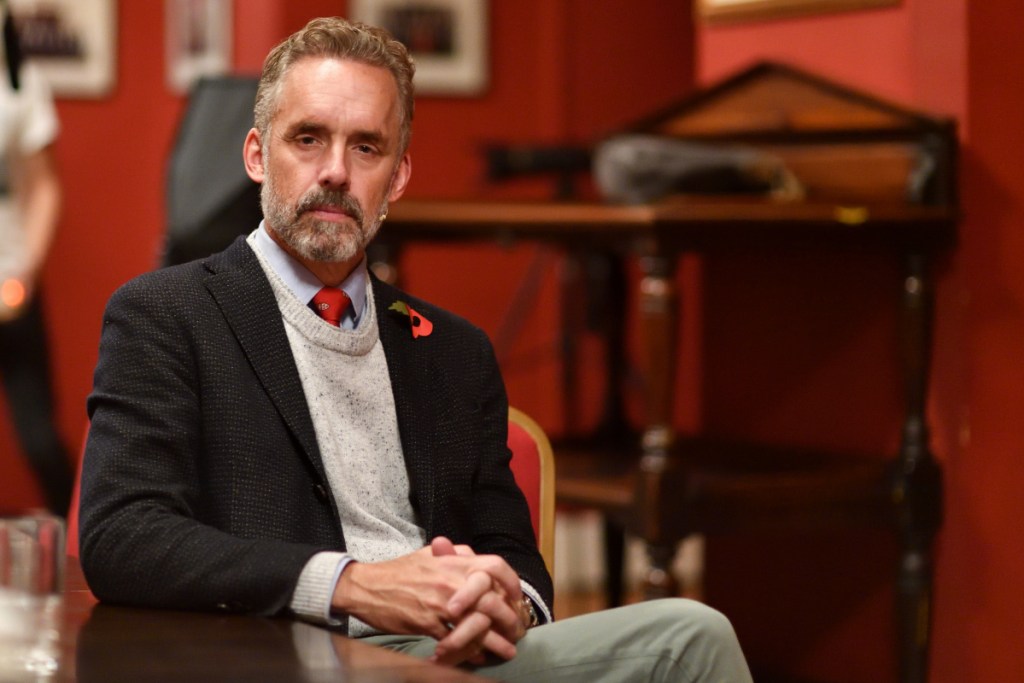How YouTube is profiting from a new kind of climate change denial


YouTube is profiting from climate change denialism. Photo: Getty
YouTube is making millions each year by selling advertising on accounts and channels that are pushing a new type of climate change denial, according to a new report.
The New Climate Denial report details how channels that have historically denied climate change have shifted to new rhetoric, arguing that the impacts of global warming are beneficial or harmless, climate solutions won’t work, or climate science and the movement for action are unreliable.
Imran Ahmed, CEO and founder of report authors Centre for Countering Digital Hate, said those opposed to climate action “have cynically switched focus to undermining confidence in solutions and in science itself”.
“It is hypocritical for social media companies to claim to be green but then monetise and amplify lies about the climate,” he said in a statement.
“They should refuse to amplify or monetise cynical climate denial content that undermines faith in our collective capacity to solve humanity’s most pressing challenge.”
Influential climate deniers like Jordan Peterson have followed this trend, while YouTube is making more than $20 million a year through advertising on channels pushing the new type of climate misinformation.

Jordan Peterson has pushed climate denialism on his YouTube account. Photo: Getty
The report analysed 12,058 climate-related YouTube videos posted by 96 channels between the start of 2018 and September 2023, which did not include channels belonging to fossil fuel companies.
Change in tactic
Although the outright denial of global warming has significantly declined, according to the report multiple channels with large followings have adopted the tactic.
They range from think tanks to well-known conservative platforms like PragerU, with this new type of climate denial representing 70 per cent of all climate change scepticism compared to just 35 per cent in 2018.
Michael Khoo, climate disinformation program director at Friends of the Earth, said platforms like YouTube have billions of users and a monopoly on young people’s attention.
“This power shouldn’t be used to push climate denial while lining the pockets of right-wing extremists and fossil fuel companies,” he said.
“Social media companies must stop amplifying and profiting off the climate denial that threatens action on the most pressing crisis of human history.”
The channels have also seen an increase in attempts to discredit climate science and scientists.
Profiting from denial
The report found that ads for well-known brands, including Nike and Hilton Hotels, were being run on videos containing climate denial.
Paid ads by non-profits, including the International Rescue Committee and Save the Children, were also being run.
Ahmed said “it is time for digital platforms to put their money where their mouth is”.
“Young people spend a huge amount of time on video-sharing platforms like YouTube,” he said.
“These new forms of climate denial, which have proliferated rapidly over the last six years, are designed to confuse and weaken public support for climate action in the coming decades.”
Google, which owns YouTube, pledged not to sell ads on content that rejects climate science in 2021, but the CCDH report has found it is regularly violating its own policies.
Google’s policy prohibits “ads for, and monetisation of, content that contradicts well-established scientific consensus around the existence and causes of climate change”.
“This includes content referring to climate change as a hoax or a scam, claims denying that long-term trends show the global climate is warming, and claims denying that greenhouse gas emissions or human activity contribute to climate change.”
YouTube is the most popular video platform in Australia and the world, but it has long had issues with content moderation.
The site has tried to balance advertisers’ aversion to controversial material with freedom of speech, but has often struggled to shut down extremist material until after an incident has occurred.
The Centre for Countering Digital Hate is a British non-profit based in Washington DC, United States.
YouTube was contacted for comment.








